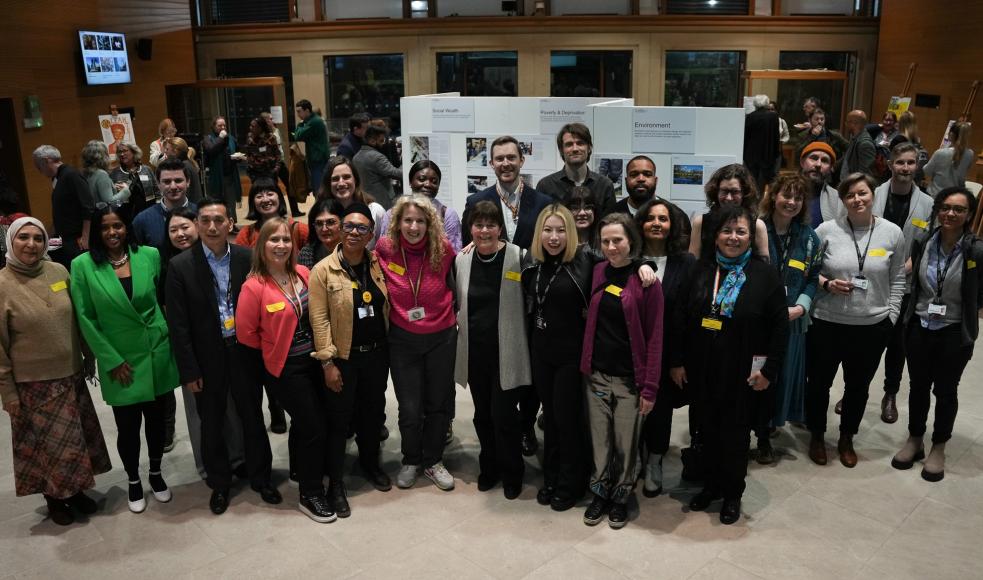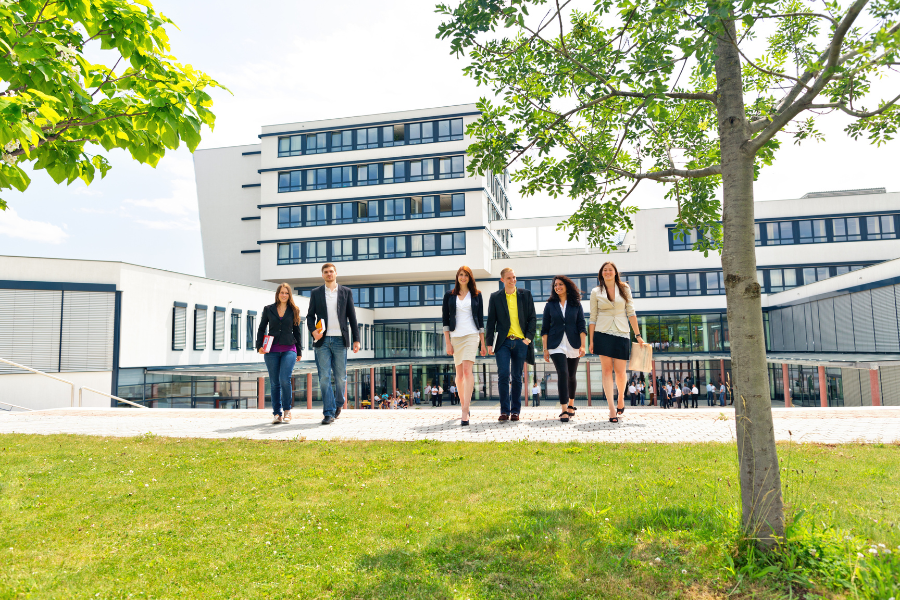
Sophie Cloutterbuck, Director of London Engagement at London Metropolitan University, believes universities have a vital role beyond academia. Here, she blogs about how they can be powerful agents for social change and foster a vibrant connection with the communities they serve, and shares how she and her team embedded this vision at the heart of London Met’s strategy.
This blog was first posted on the National Co-ordinating Centre for Public Engagement (NCCPE) website. The NCCPE are members of the Partnership Delivery Team of the Local Policy Innovation Partnership (LPIP) Hub.
Four years ago, I embarked on a mission to embed a commitment within London Met, and spearheaded the University’s Civic and Community Strategy, “Giving Back to the City” (GOTC) a blank canvas brimming with potential. Lockdown had just started, and I had no budget and no team – but 3600 Academic hours annually to support our goals, research, and community projects including enabling a new 15-credit module and strengthened clinics. Our robust workload model ensures fair allocation and communication – individual staff plans and managers’ overviews allow for equitable resource distribution and really helped to embed the GOTC strategy into day-to-day practice for academics.
We also had dedicated help from our Communications team to support our engagement strategies and outreach, and professional service staff willing to commit to the cause, to continue building bridges between the university and the London community and making a positive impact in a time of need.
Fast forward to today, lockdown is over, but the cost-of-living crisis is still with us and the “Giving Back to the City” strategy has blossomed into the London Met Lab: Empowering London, a vibrant hub for partnerships, projects, and genuine community impact. Now I have two team members, over 1,500 students annually participate in pro bono clinics, academic modules, student placements, research opportunities, and over 50 Academics collaborating with over six hundred community partners. Their dedication and energy are truly inspiring. Here are a few examples of the impact we’re making:
- Inequality in Islington and Let’s Talk Islington: London Met academics played key roles, influencing policy decisions.
- Rewilding Public Spaces: Collaborating with Islington Council to transform disused areas into wildlife havens.
- Tackling Health Inequalities: Joined a consortium tackling health disparities in Tower Hamlets.
- Youth Safety & Employment: Supporting councils on youth safety initiatives and understanding employment barriers for ethnic minorities.
- Supporting London’s LGBTQIA+ Communities: Research with Lambeth to develop new ways to support this community.
- Engaging Students: to work on real-world challenges, equipping them with valuable skills while benefiting communities.

Leadership
Executive leadership champions this vision. London Met’s Vice-Chancellor, Professor Lynn Dobbs, and I began with crucial conversations with community organisations, local councils, and the NHS, identifying challenges and fostering collaboration through research, practical interventions, upskilling and support. “Giving Back to The City” is also one of the main pillars of the university’s corporate strategy, once again embedding the university’s commitment.
However, our journey was not without its bumps, integrating community engagement into the curriculum and establishing inter-faculty co-delivery models presented initial hurdles. Perseverance, patience, and fostering strong networks – both internally and externally – became the keys to overcoming these obstacles.
Building strong partnerships is paramount. Open communication and a deep understanding of our partners’ needs are crucial. We tailor programmes, accordingly, ensuring mutually beneficial outcomes. It is not a one-size-fits-all approach, flexibility is key in this dynamic environment.
In February 2024, we launched our Civic University Statement, a comprehensive roadmap outlining our continued commitment to tackling the six key challenges: poverty, social wealth, environment, health, crime, and discrimination identified by the London Met Lab. This serves as a springboard for action, sparking research projects, practical support initiatives, and knowledge exchange programs. By sharing expertise and co-creating solutions, we strive to make a tangible difference in the lives of Londoners.
Partnership
Effective partnerships go beyond collaboration; they require alignment with the institution’s values. At London Met, we see ourselves as catalysts for action, connecting diverse groups. We empower colleagues, partners, and students to contribute. Giving the community a voice from the start fosters a sense of investment and galvanizes support for civic engagement efforts.
Universities have a responsibility to serve their communities. At London Met, we take this seriously. We co-produce research and initiatives with local stakeholders, ensuring their voices and experiences are central to the process.
February also saw the addition of the Centre for Applied Research in Empowering Society (CARES) to the London Met Lab. This multidisciplinary team conducts research that has direct community benefit. Collaborating with public institutions, NGOs, and businesses, they develop solutions for real-world problems. CARES aims to challenge social injustices through empowering engagement models that address systemic inequalities. This is civic engagement in action – research that empowers citizens, informs policies, and fosters systemic change.

Towards the Future
There is so much to look forward to about the future. Universities have a unique capacity to empower communities. By empowering students and academics, conducting impactful research, and collaborating with local partners, universities can become agents for positive social change. These civic schemes also foster interconnected communities. Working and volunteering opportunities with local organisations can encourage graduates to stay in the area, enriching the community with their skills and enthusiasm, while potentially exposing them to new career paths.
Together, we can empower citizens, solve real-world problems, and create lasting positive change. Imagine students empowered to become agents of social change, and universities acting as catalysts for positive action – that is the future I believe in.
Are you ready to join me on this journey?
This blog was written by Sophie Cloutterbuck, Director of London Engagement at London Metropolitan University.
Find out more about the Local Policy Innovation Partnership Hub.
Disclaimer:
The views expressed in this post are those of the author and not necessarily those of City-REDI, WMREDI or the University of Birmingham.
